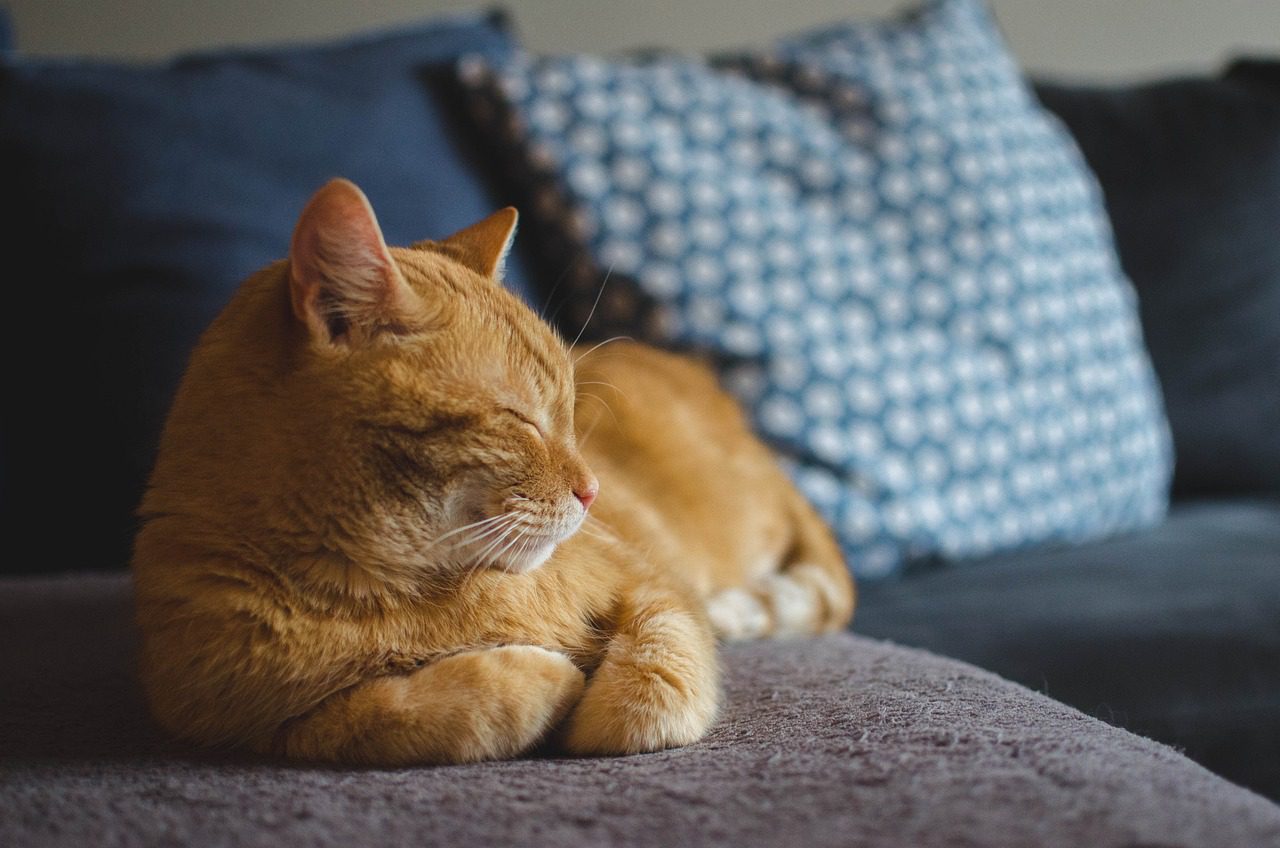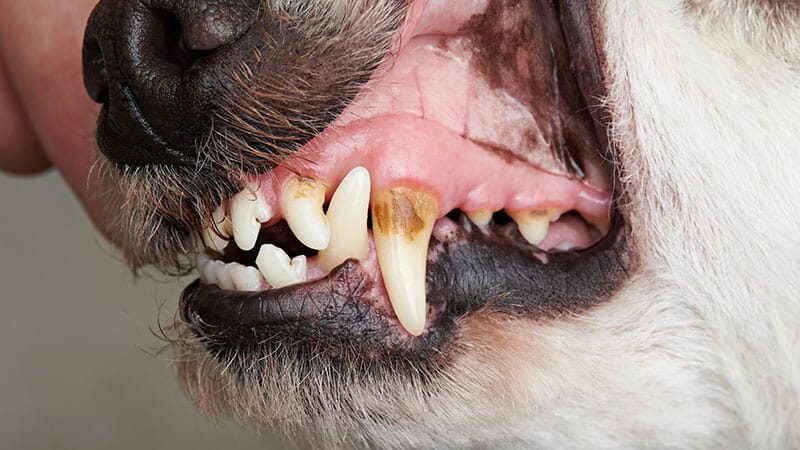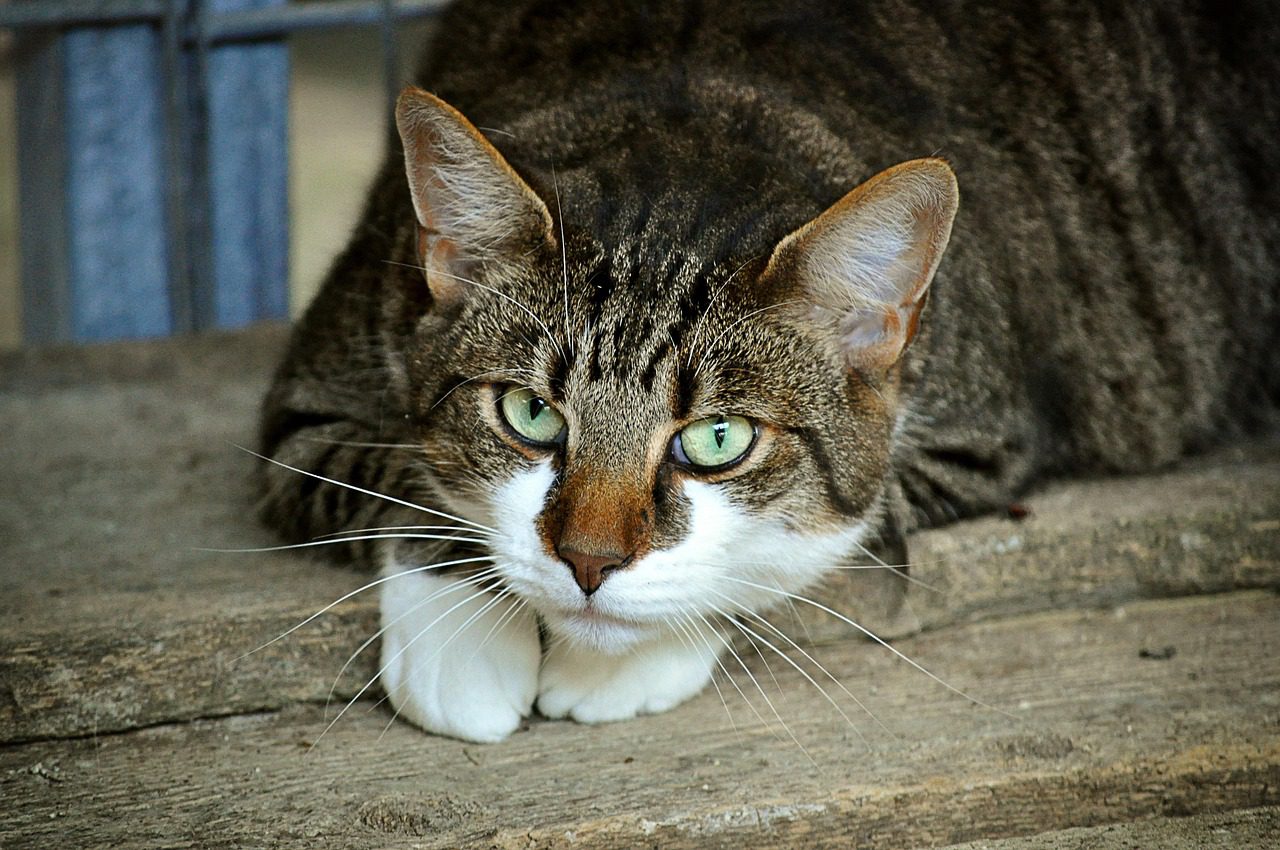How can you tell if your cat is in pain?
You’d think you would know somehow. After all, they are your best friend.
You might recognise that they are not as playful as when they were young, but that’s what
happens when we all get older, isn’t it?
However, the reality is that cats are really good at hiding when they are in pain.
A study of 100 cats showed that 82% of cats over 14 years old showed x-ray evidence of
arthritic changes in their joints. Yet only 13 of their owners reported any lameness.
None of us want our pets to face old age without the best possible pain management. But if
cats are so good at hiding their discomfort, what can we look out for?
It might be subtle things like a reduction in playfulness, and hunting. They will change their
activity levels, like not going up the stairs or jumping over high fences. They might spend
more time resting, and less on grooming. They may cry more, and object when picked up.
If your older cat is slowing down, do mention it to your vet.
I would ask you to do a mobility score, in which we try to be quite objective about what your
feline companion can and cannot do.
I will then perform a physical examination, and satisfy myself if there might be any illness or
issue such as a bad tooth that might be creating a problem.
If not, sometimes the best next choice is to perform a medication trial. We offer some trial
pain relief, and check how the mobility score changes after a few weeks.
And June is the right month to do this, as we have a special offer on the super-safe, long
acting pain-killer injection for cats. We can give the first dose free in June. Our usual price is
extremely good value at just under £70.00, and the benefit lasts a whole month or more.
If you would like to know more, or arrange a health check for your older cat, do call our
friendly team on 01444 456886.




